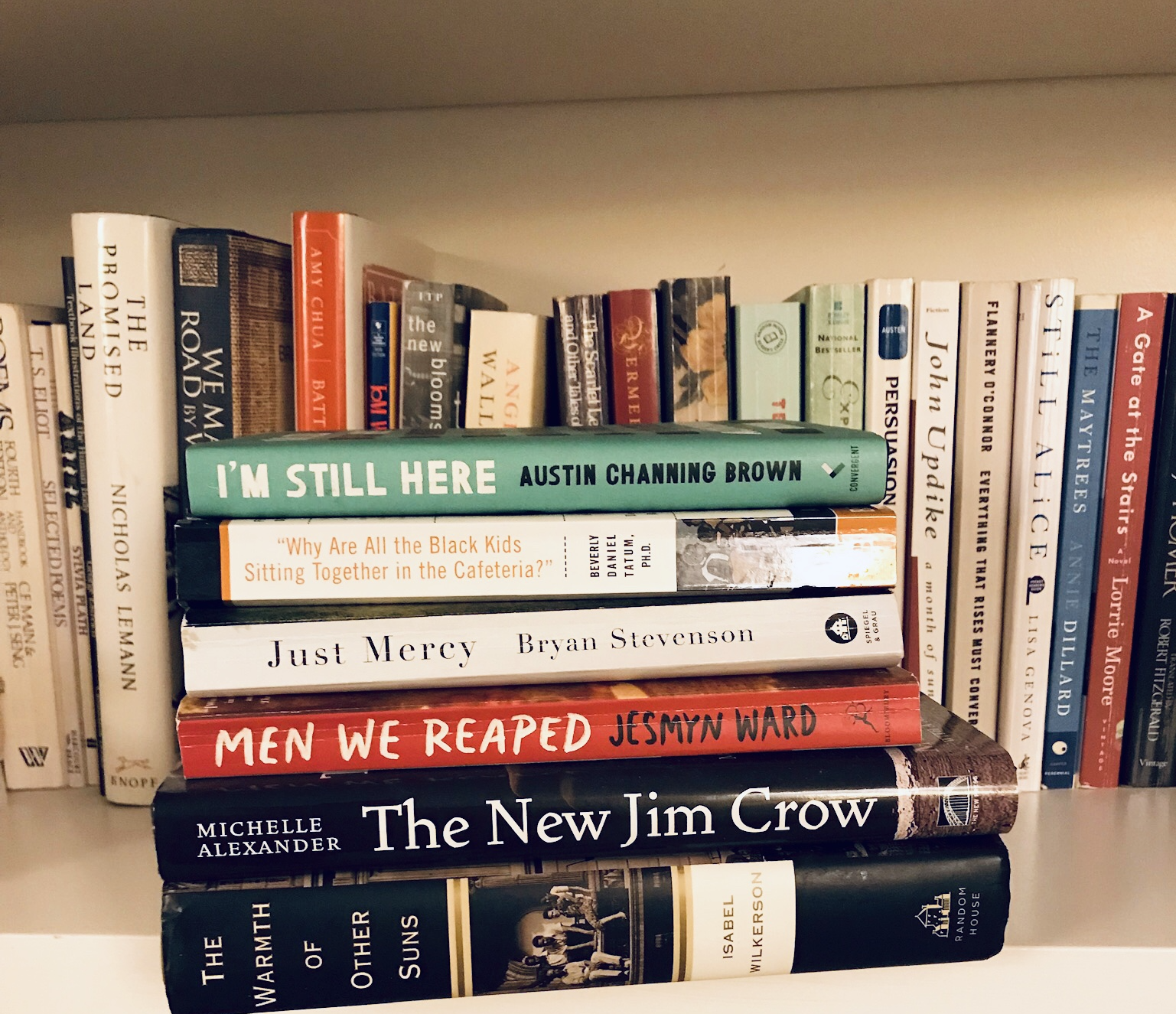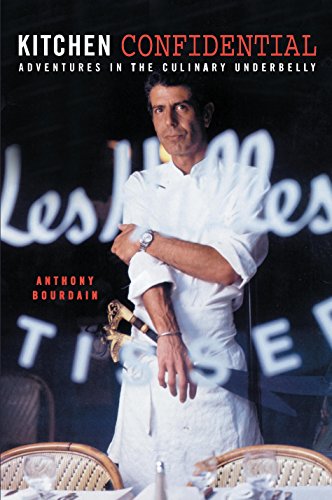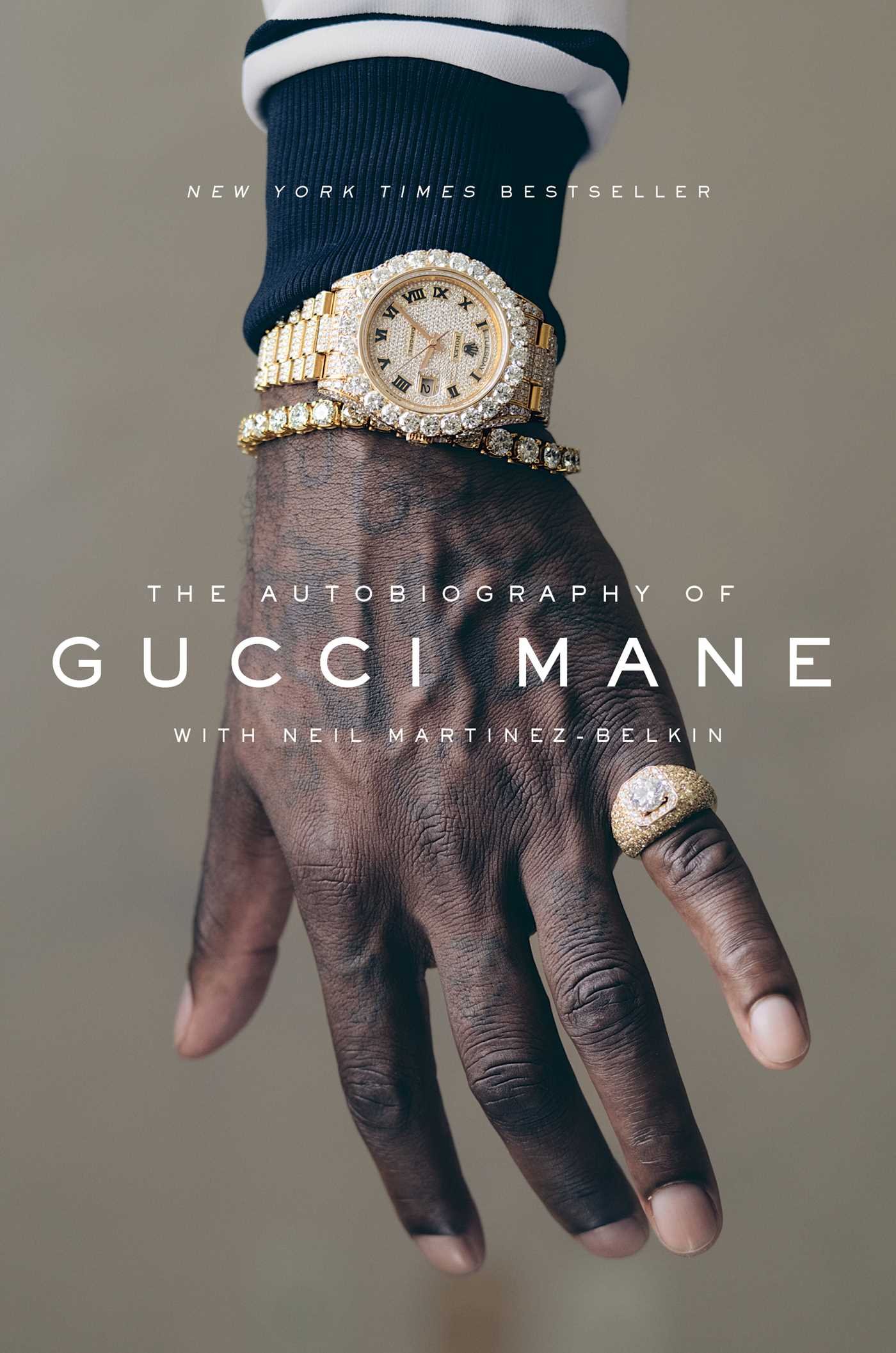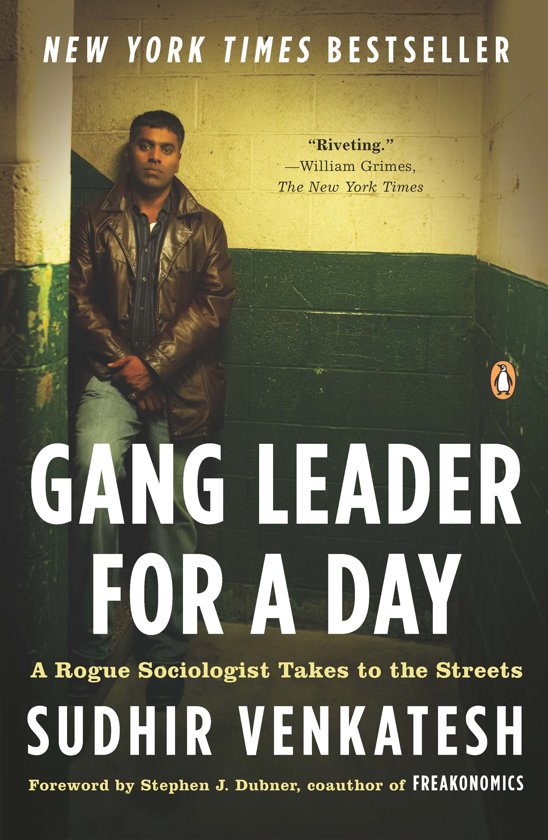The 3 Books to Read in June: Creating Change Edition

Educate Yourself. The future generations count on you to do so.
June’s reading list is a little later in the month than May’s, but I hope you are still looking for a few more reads to round out your month! Before I get to what you should be reading this month, I wanted to share my thoughts about what has been going on in America. Since posting about May’s reading list, America has been turned upside down a bit. In my What to Read in May” post, I recommended the book Just Mercy. At the time of the writing I just thought that it was one of the better books I had come across in the last year, so I decided to put it on the first edition of what is more or less my extended reading list. Little did I know that about 20 days later the United States would see one of the biggest movements for civil rights in recent memory. If you haven’t read the book yet, I recommend it once again. It is one of the most successful books at opening your eyes to the systematic racism that African American’s endure on a daily basis. If you have a problem with the riots, if you have a problem with the protests, if you have a problem with how they are protesting whatsoever, you need to educate. Enough has been enough for a while now, but people have not been listening. Listen to what African American leaders have to say, assist them with calling out the complacency in local law enforcement and local/state/federal governments. Be an ally right now and be on the right side of generational change for society. At the end of the day, I hope I can leave you to think with this sentiment at the very least:
“In a racist society, it is not enough to be non-racist, we must be antiracist.” - Angela Davis.

Kitchen Confidential by Anthony Bourdain
It is hard to believe that it’s been over two years since Anthony Bourdain has passed away. June 8 marked the two-year anniversary of Bourdain’s tragic suicide while staying in France. Admittedly, I knew very little about Bourdain before reading Kitchen Confidential, and I most certainly didn’t realize that he had authored 13 books in his career until stumbling upon the collection while looking for a new book to read on the Overdrive app. To me, Bourdain was a TV personality who allowed me to escape to new places around the world through his shows. It is not rare to find me on the couch having fallen asleep to an episode of No Reservations, The Layover, or Parts Unknown. It is refreshing to see Bourdain in a different light in Kitchen Confidential. When reading the book, Bourdain allows you to learn not only about his upbringing and beginning in the restaurant industry, but also about the restaurant industry as a whole. Tips such as, don’t order fish on Monday’s and never order a steak “well-done” because it will likely be the worst cut of meat that the restaurant has at the time, all come from this book. Bourdain also gives the reader insight to some of his personal issues in life and the company he kept throughout the early stages of his career. Bourdain is not afraid to go into detail about his heavy drug use, subsequent addiction issues, and some other “problematic” behavior he engaged in during his early years in the restaurant industry. I read Kitchen Confidential about a year after his passing, and it really made me remarkably sad that he is no longer alive, doing the cool stuff he had been doing his entire life. You can see it in his TV shows, but reading his book amplified how much he loved living life through food and travel. When you look on Netflix or Hulu, you can find about 10-15 travel food shows, but none of them can compare to what Bourdain would put out. As I have traveled around the world, I try to keep an open mind about food, just as he did. Local delicacies can sound absolutely abhorrent, but they are delicacies for a reason. Not being closed minded and saying “yes, I would absolutely love to try pork fat butter spread on a piece of bread,” is an underrated and joyous part of traveling. Bourdain has a famous saying that I agree with fully, "your body is not a temple, it's an amusement park. Enjoy the ride." I recommend you pick this book up and enjoy the ride.

The Autobiography of Gucci Mane by Gucci Mane
The Autobiography of Gucci Mane was the first book I picked up when I rediscovered my joy of reading a little over a year ago. I’m a big fan of Gucci Mane as an artist, but I most certainly did not expect to finish the 304 pages of this book in about 3 days. Chapter after chapter, I could not put this book down. The vivid stories that Gucci Mane shares throughout the book are captivating. One of the craziest stories that he shares is how he got into drug dealing. His mother could only afford to give him $50 for Christmas, so he took that $50 down to “the dope man,” and spun it into two slabs of crack cocaine which he sold for a bigger profit. The more you read, the more you realize that that story embodies Gucci Mane as a person. He is a hustler, doing what it takes to stay alive and succeed. This book gives the reader an insightful look into the lifestyle of one of the biggest rappers in the industry today. Gucci Mane doesn’t hide a single indiscretion from the record, and even addresses the controversies that have surrounded him in his life. Throughout the book he discusses at length his battle with drugs and lean, as well as the effect his stints in prison had on him. It’s really remarkable to read about the amount of care he has and the desire he has for young Atlanta rappers to succeed. Rappers such as Young Thug (who is also signed to Gucci’s label 1017 Records), Migos, Rich Homie Quan, 21 Savage, and Lil Yachty have all credited Gucci with helping them at some point in the early stages of their career. This is a great book if you enjoy Gucci Mane’s music, and even if you don’t, I highly recommend picking it up and giving it a quick read. It does not disappoint.

Gang Leader for a Day by Sudhir Venkatesh
Sudhir Venkatesh is a very brave man. Tasked with doing research for his PhD at the University of Chicago, Sudhir decides on the Robert Taylor housing project as the topic of his research. It turns out that going to one of the poorest housing projects in the United States and asking the residents “What does it feel like to be poor and black?” is not one of the most effective ways of gathering quality qualitative data. What comes after that decision is this incredible account of how Sudhir Venkatesh became an honorary member of the Black Kings in Chicago during the peak of the United States crack epidemic. After wandering into the gang’s territory at the housing project and surviving an intense round of questioning by the gang’s leader JT, Sudhir is invited back to observe the inner workings of the gang and the residents around the housing project. After a few months of observing and taking notes about his encounters, Sudhir becomes more involved with the gang. Friends may be a strong term for the relationship between Sudhir and JT, but you can tell that JT enjoys having Sudhir around and showing him the complexity of the Black Kings operation. At one point, JT even allows Sudhir to take over operations for a day, which is where the title of the book comes from. This shows the amount of trust that Sudhir managed to elicit from JT. The book acts as a commentary on social issues within an impoverished community. The reader gains some insight and feel for how much of a struggle it is living within a housing project, and the inner-city as a whole. The whole Robert Taylor area wouldn’t even be visited by an ambulance or police force if a resident were to call 911. City services didn’t even care about the housing project residents. It is disheartening that a book written in the early 2000’s can still speak to social issues that plague housing projects and inner-city residents that are occurring today, and that is an important realization to remember while you read this book.
No one is born hating another person because of the color of his skin, or his background, or his religion. People must learn to hate, and if they can learn to hate, they can be taught to love, for love comes more naturally to the human heart than its opposite.’ – Nelson Mandela
- Jake (June 16, 2020)
Soundtrack for this blog: None